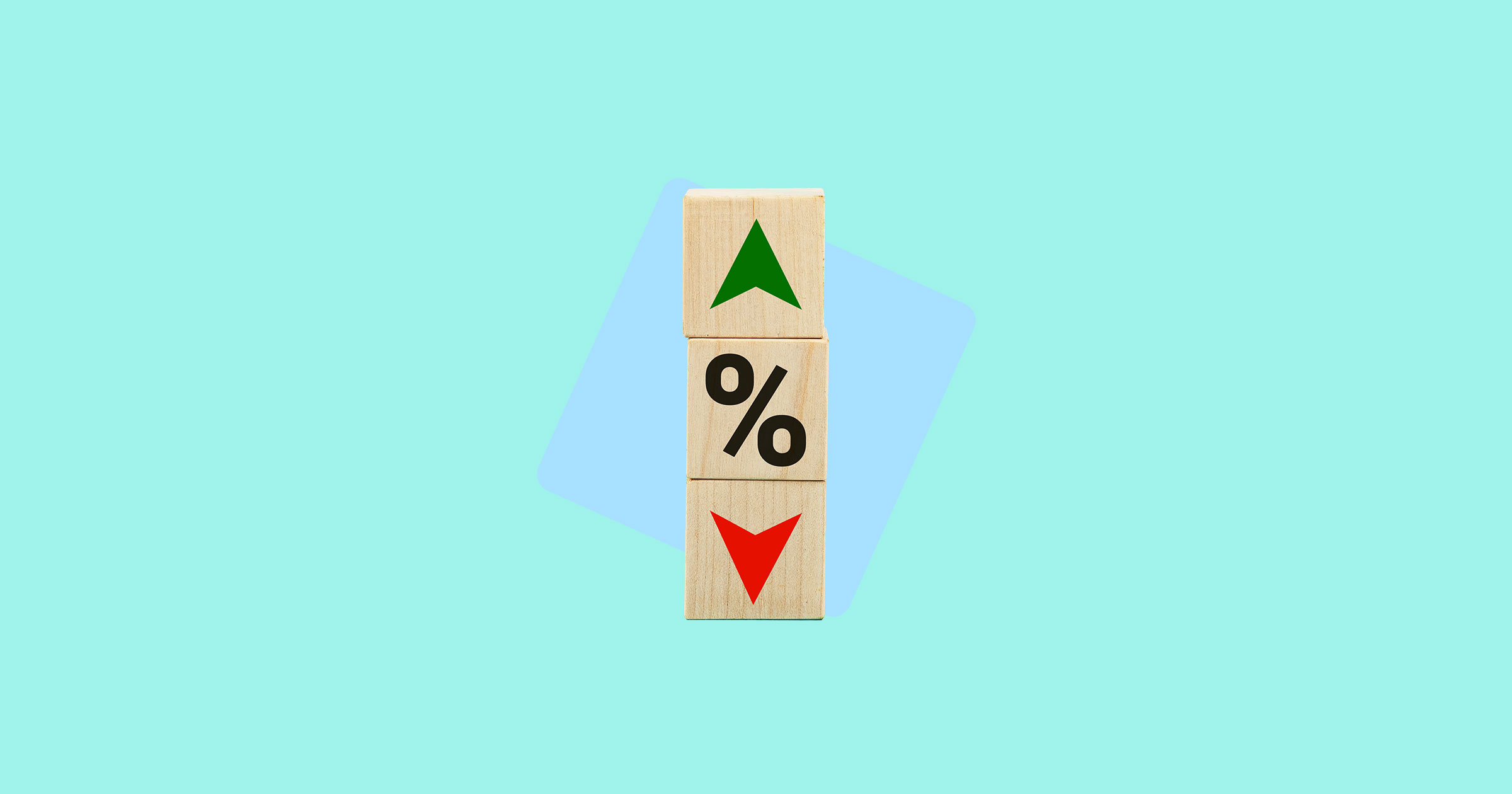The myth
When interest rates go up, bonds and certain bank deposit products have a good chance of earning a satisfactory amount for you. That’s because the returns of such investments rise when interest rates climb.
That’s why many people believe that you should consider bonds when interest rates are high.
The reality
There are many reasons for interest rates to be increased, with attempts to manage inflation probably the most common. But regardless of the cause, these higher rates mean that related investments will earn you more than they would have before.
That alone is enough reason to consider bonds at this time, especially if you’ve been looking into them already. After all, bonds do offer certain advantages, especially when it comes to the predictability of the income you’ll be receiving.
Not only will you know exactly when the returns will come in, you’ll also know how much to expect – this is essentially why bonds are called Fixed Income instruments. This can be very helpful in planning how you’ll use them for maximum efficiency.
Plus, if you choose Treasury bonds, you’ll have the assurance of the government that you’ll get your invested money back on the agreed date, and that your regular interest payments (in the form of coupons) will arrive when they’re supposed to.
If something happens and you need your money out before the bonds mature, you can even sell them on the secondary market. You’ll be going through a broker-member licensed by the Philippine Securities and Exchange Commission (SEC) who also has PDEx (Philippine Dealing & Exchange Corporation) accreditation.
Just don’t forget that the higher interest rates would affect only the bonds issued at that time. Bonds offered when rates were lower are likely to have lower coupons.
The verdict: It depends (but mostly true).
Even when interest rates are high, the earning potential of related investments might still not be as much as others which aren’t directly affected by these rates (such as stocks).
However, you should keep in mind the risk suitability of bonds, which typically match a moderate risk profile. If the coupons go up enough to possibly help you reach your goal without having to take on more risk, then you may want to consider putting money in bonds.
Remember though that this isn’t an all-or-nothing choice. One option is for you to place some cash in bonds while interest rates are high so you can lock in these attractive coupons, while also investing in stocks that could grow over time.
That way, you might be able to enjoy both capital growth and a regular income stream from the assets in your portfolio.

.jpg)
